



Alvalade feels like the kind of place where life slows down just enough for you to catch your breath and soak in the everyday magic. It’s a neighborhood in Lisbon that hums with a genuine,lived-in warmth—where locals greet each other by name and the scent of fresh bread from corner bakeries drifts through the air. Walking its streets,you’ll notice the blend of old and new:pastel-colored buildings with wrought-iron balconies sit alongside cozy cafes where the clink of coffee cups and soft chatter create a comforting soundtrack. What really makes Alvalade stand out is its rhythm. On weekends,the Mercado de Alvalade bursts with vibrant colors and lively banter as vendors sell everything from ripe fruits to fragrant spices. The aroma of grilled sardines wafts from nearby eateries,tempting you to sit down and savor a plate of traditional Portuguese flavors. There’s a relaxed,unpretentious vibe here—no rush,just the simple pleasure of good food,good company,and the occasional street musician strumming a guitar. Culturally,Alvalade feels like a community that’s proud of its roots but open to the world. You’ll find small theaters,art galleries,and bookshops tucked away,inviting you to explore beyond the usual tourist paths. It’s a place where you can feel the pulse of Lisbon’s everyday life,wrapped in a neighborhood’s embrace that’s both familiar and refreshingly authentic.
The information on this page is currently being reviewed by Tripkliq and should be used as a guide only
Eng word: Hello
Eng pronunciation: Oh-lah
Local language: Olá
Eng word: Goodbye
Eng pronunciation: Ah-deh-oosh
Local language: Adeus
Eng word: Thank you
Eng pronunciation: Oh-bree-gah-doo
Local language: Obrigado
Eng word: How much
Eng pronunciation: Kwahn-too koos-tah
Local language: Quanto custa
Eng word: Toilet
Eng pronunciation: Bahn-yay-roo
Local language: Banheiro
Eng word: Help me
Eng pronunciation: Ah-zhoo-dee mee
Local language: Ajude-me
Eng word: Yes
Eng pronunciation: Seem
Local language: Sim
Eng word: No
Eng pronunciation: Now
Local language: Não
Eng word: Excuse me
Eng pronunciation: Kohm lee-sen-sah
Local language: Com licença
Alvalade, a neighborhood in Lisbon, was officially established in the mid-20th century as part of a modern urban planning initiative. It was designed to provide a harmonious balance between residential, commercial, and green spaces.
Alvalade played a key role in Lisbon's post-World War II expansion, showcasing innovative urban planning that emphasized wide avenues, parks, and functional architecture.
The Alvalade Market, built in 1949, is a vibrant hub for fresh produce, local delicacies, and traditional Portuguese goods. It remains a beloved landmark for both locals and visitors.
Alvalade is home to the Estádio José Alvalade, the stadium of Sporting Clube de Portugal, one of the country's most famous football clubs. The stadium is a must-visit for sports enthusiasts.
Alvalade is renowned for its mid-20th-century modernist architecture, featuring clean lines, functional designs, and a focus on integrating green spaces into the urban environment.
Alvalade is known for its lush parks and gardens, such as the Jardim do Campo Grande, which offers a peaceful retreat for residents and tourists alike.
Alvalade is home to several prestigious educational institutions, including the University of Lisbon, making it a vibrant area filled with students and academic activity.
The Campo Grande area in Alvalade has historical significance, dating back to the 18th century, and has evolved into a lively space with cultural and recreational activities.
Alvalade boasts cultural landmarks such as theaters and cinemas that have been entertaining locals for decades, contributing to Lisbon's rich artistic heritage.
In Alvalade, the most common Power Adaptor is Type C, Type F.


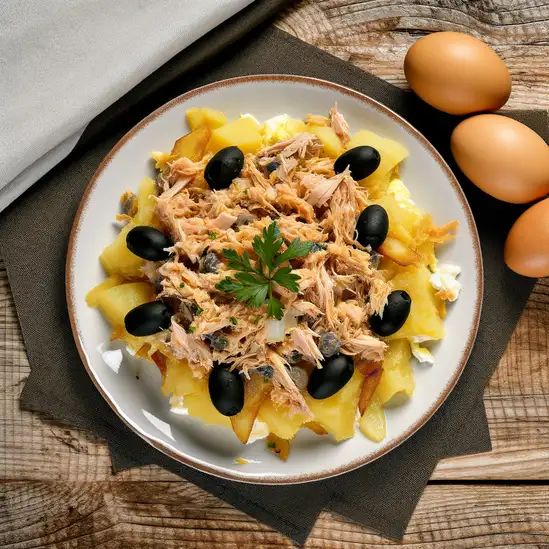
A traditional Portuguese dish made with shredded salted cod, onions, and straw fries, bound together with scrambled eggs and garnished with black olives and parsley.
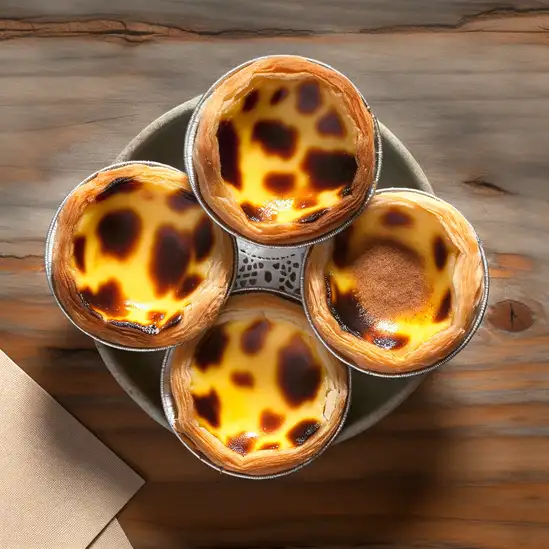
Famous Portuguese custard tarts with a flaky pastry crust and a creamy filling, often enjoyed with a sprinkle of cinnamon and powdered sugar.
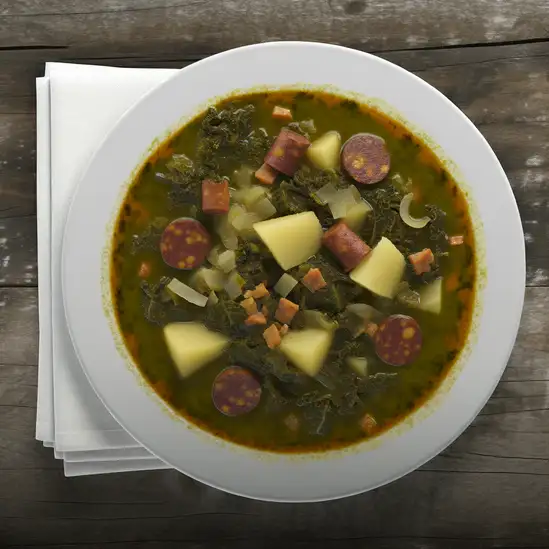
A comforting soup made with kale, potatoes, onions, and chorizo, often served as a starter in Portuguese meals.
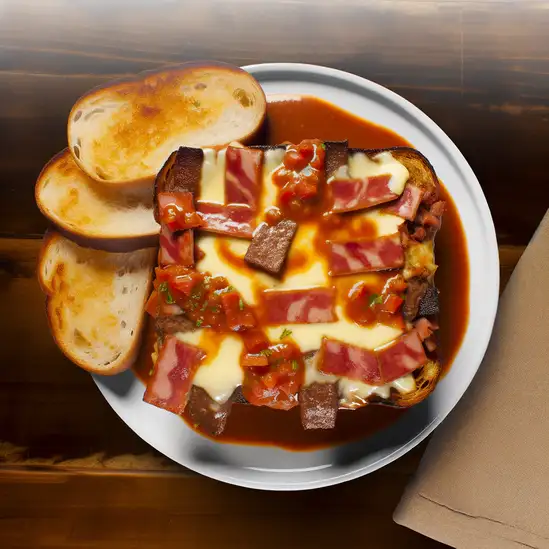
A hearty sandwich originating from Porto, consisting of layers of cured meats, sausage, and steak, topped with melted cheese and a rich tomato and beer sauce.
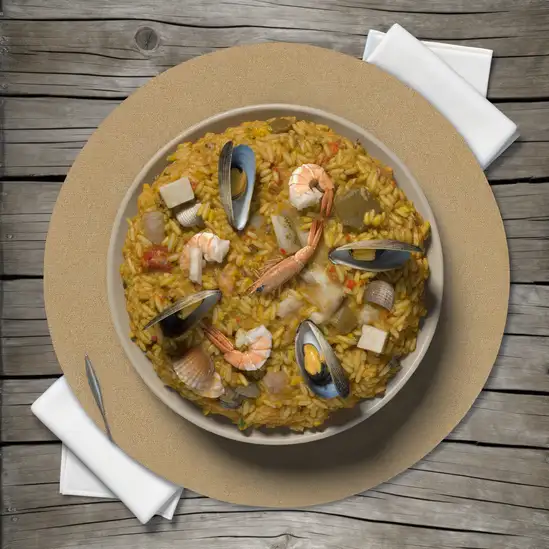
A seafood rice dish cooked with a variety of shellfish and fish, flavored with herbs and spices, often served in a rich broth.

Codfish fritters made with shredded salted cod, flour, eggs, and parsley, typically served as a snack or appetizer.
Lisbon feels like a city that’s been gently kissed by the sun and the sea,where every street corner hums with life and stories. Imagine wandering through narrow,cobbled alleys lined with pastel-colored buildings,their azulejo tiles catching the light just right. The air carries a mix of salty ocean breeze and the rich aroma of freshly baked pastéis de nata—those flaky custard tarts you’ll find in every bakery. There’s a rhythm here,a kind of laid-back energy that invites you to slow down and soak it all in.
You’ll hear the soulful strains of fado music drifting from cozy taverns,a haunting soundtrack that feels like the city’s heartbeat. Locals chat animatedly over glasses of vinho verde or ginjinha,a cherry liqueur that’s as sweet as the conversations. The city’s hills offer stunning views where terracotta rooftops spill down toward the Tagus River,and the sunlight shimmers on the water like a thousand tiny mirrors.
Lisbon’s charm lies in its blend of old and new—ancient trams clatter past sleek street art,and centuries-old castles overlook buzzing markets filled with fresh seafood and vibrant produce. It’s a place where history and modern life dance together effortlessly,inviting you to explore,taste,and feel its unique pulse. Trust me,once you’ve wandered through its neighborhoods and tasted its flavors,Lisbon stays with you long after you leave.
Imagine stepping into a place where the ocean breeze carries the scent of blooming jacarandas and the distant hum of traditional Portuguese guitars fills the air—that’s Funchal for you. This city feels like a warm embrace,perched on the lush,rugged coastline of Madeira. Walking through its cobbled streets,you’ll notice vibrant markets bursting with fresh tropical fruits and the rich aroma of freshly baked bolo do caco bread. The colors here are alive:from the deep blue Atlantic stretching endlessly to the bright bougainvillea cascading down old stone walls.
Funchal’s charm lies in its blend of old-world grace and lively,modern spirit. Locals chat animatedly over glasses of Madeira wine in cozy tavernas,while street art peeks out from unexpected corners,telling stories of the island’s history and culture. The city pulses gently with a relaxed rhythm—you can feel it in the slow,deliberate pace of life and the genuine smiles of the people you meet.
Don’t miss the chance to ride the cable car up to Monte,where the views make your breath catch,or to wander through the botanical gardens,where exotic plants and butterflies create a quiet sanctuary. And when night falls,the harbor lights twinkle like stars,inviting you to savor fresh seafood paired with that sweet,fortified wine Madeira is famous for. Funchal isn’t just a destination; it’s a feeling you carry with you long after you leave.
If you ever find yourself dreaming of a place where the ocean breeze carries the scent of salt and blooming hydrangeas,Ponta Delgada is that kind of spot. It’s the lively heart of São Miguel Island in the Azores,and the moment you step into its cobbled streets,you feel this warm,welcoming pulse—like the city itself is breathing with you. The colorful buildings,with their intricate stonework and bright shutters,seem to tell stories of centuries past,while locals chat animatedly over coffee in cozy cafés that spill out onto sun-dappled squares.
Walking along the marina,you’ll hear the gentle slap of waves against boats and the distant call of seagulls,mingling with the laughter of children playing nearby. The air is fresh,tinged with the promise of adventure,whether you’re about to explore volcanic craters or dive into a plate of freshly caught seafood. Speaking of food,don’t miss trying the local cozido—a stew slow-cooked underground by volcanic heat,rich with flavors that feel like a warm hug on a cool day.
What really makes Ponta Delgada special is its blend of old-world charm and vibrant island life. There’s a relaxed rhythm here,where time slows just enough for you to savor a glass of local wine while watching the sun dip behind the hills. It’s a place that invites you to linger,to explore,and to fall a little in love with the simple,beautiful moments that make travel unforgettable.
Imagine stepping into a city where every corner hums with a quiet,soulful energy—that’s Porto. It’s a place where the old world meets a lively,modern pulse,wrapped in the warm glow of terracotta rooftops and the shimmering Douro River. Walking through its narrow,cobbled streets,you’ll catch the scent of freshly baked pastéis de nata mingling with the salty breeze from the Atlantic. The city feels alive but unhurried,like it’s inviting you to slow down and savor each moment.
Porto’s character is deeply rooted in its history,yet it’s effortlessly cool. You’ll find colorful azulejo tiles telling stories on building facades,while locals chat animatedly over glasses of rich,ruby-red port wine in cozy,tucked-away taverns. The sound of Fado music drifts softly from a nearby café,adding a layer of melancholy beauty to the evening air. It’s a city that wears its heart on its sleeve—warm,genuine,and a little bit mysterious.
What really makes Porto stick with you is how it tastes and feels. From the first sip of a perfectly chilled glass of Vinho Verde to the crunch of a francesinha sandwich packed with layers of flavor,the city’s culinary scene is a delicious adventure. And when you climb up to the Dom Luís I Bridge at sunset,watching the city light up like a living painting,you realize Porto isn’t just a place to visit—it’s a place to feel alive.
Barcelona feels like a vibrant mosaic where every corner pulses with life and color. The moment you step onto its sun-drenched streets,you’re wrapped in a warm Mediterranean embrace—salt in the air,the distant hum of waves mingling with lively chatter from bustling cafés. The city’s energy is contagious,a blend of old-world charm and modern creativity that invites you to slow down and savor each moment.
Wandering through the narrow alleys of the Gothic Quarter,you’ll hear the soft clinking of glasses and the melodic strum of a street guitarist,while the scent of fresh-baked bread and roasting coffee drifts from cozy bakeries. Barcelona’s architecture is like a living art gallery—Gaudí’s whimsical buildings,with their undulating lines and vibrant mosaics,feel almost dreamlike against the bright blue sky. It’s a place where history and imagination dance together.
Food here is a celebration in itself. Imagine biting into a perfectly crispy,golden croqueta or savoring the rich,smoky flavors of a traditional paella,all washed down with a glass of chilled cava. The city’s markets,like La Boqueria,burst with colors and aromas—ripe tomatoes,fresh seafood,and fragrant herbs—that make you want to taste everything.
What makes Barcelona truly special is its spirit:a city that lives passionately,where locals and visitors alike gather to share stories,laughter,and the simple joy of being in a place that feels both timeless and alive. Trust me,once you’ve experienced it,you’ll carry a piece of Barcelona’s magic with you long after you leave.
If you ever find yourself wandering through Santa Cruz de Tenerife,you’ll immediately notice its lively,sun-soaked energy that feels both relaxed and vibrant at once. The city hums with a unique rhythm—where the salty ocean breeze mingles with the scent of fresh pastries from local bakeries,and the chatter of street markets blends with distant waves crashing against the shore. It’s a place where modern life and tradition dance effortlessly side by side.
Walking through its streets,you’ll be drawn to the colorful architecture,from sleek contemporary buildings to charming colonial facades,all framed by the lush greenery of palm trees and blooming bougainvillea. The plazas buzz with locals sipping strong coffee or sharing tapas,and the sound of Spanish guitar often drifts from cozy cafés. There’s a warmth in the air,not just from the sun,but from the genuine friendliness of the people who seem to take pride in their city’s rich culture and history.
What really makes Santa Cruz stand out is its blend of island charm and cosmopolitan flair. You can spend your morning exploring vibrant markets filled with tropical fruits and handmade crafts,then lose yourself in art galleries or catch a lively street performance. And when evening falls,the waterfront comes alive with twinkling lights and the tempting aroma of fresh seafood grilling nearby. It’s a city that invites you to slow down,savor every moment,and soak in the joyful spirit that lingers long after you’ve left.
Scammers may install skimming devices on ATMs to steal card information. Tourists should use ATMs in secure locations, such as inside banks.
Vendors may sell fake branded items or low-quality souvenirs at inflated prices, claiming they are authentic or handmade.
Scammers may pose as charity workers and pressure tourists into donating money to fake causes.
Some unlicensed taxi drivers may overcharge tourists by taking longer routes or using rigged meters. Always use licensed taxis or rideshare apps.
Some restaurants may inflate prices for tourists or add hidden charges to the bill, such as bread or appetizers that were not requested.
Pickpockets often target tourists in crowded areas, such as markets, public transport, or tourist attractions. They use distractions to steal wallets, phones, or other valuables.
Scammers may run street games, like the shell game, to lure tourists into betting money. These games are rigged, and tourists always lose.
Street performers may ask for a photo or interaction and then demand an unexpectedly high 'donation' afterward.
Portugal has decriminalized the possession of small amounts of drugs for personal use, including cannabis, but it is still illegal to sell, distribute, or use drugs in public spaces. Possession of larger quantities is treated as trafficking and carries severe penalties. Tourists should avoid drug use in public and be aware that police may issue fines or require attendance at rehabilitation programs for possession of small amounts.
In Alvalade, Portugal, smoking is regulated under national laws. Smoking is prohibited in enclosed public spaces, workplaces, public transport, and certain outdoor areas such as near schools, hospitals, and playgrounds. Designated smoking areas may be available in some establishments. Tourists should be mindful of 'No Smoking' signs and avoid smoking in prohibited areas to avoid fines.
Vaping is subject to similar regulations as smoking in Portugal. It is banned in enclosed public spaces, workplaces, and public transport. Some outdoor areas may also restrict vaping. Tourists should check for signs or ask locals about specific restrictions in Alvalade. Selling e-cigarettes to minors under 18 is prohibited.
What are other people saying about Alvalade?
Recent Social posts about Alvalade
There is nothing to show you for now.